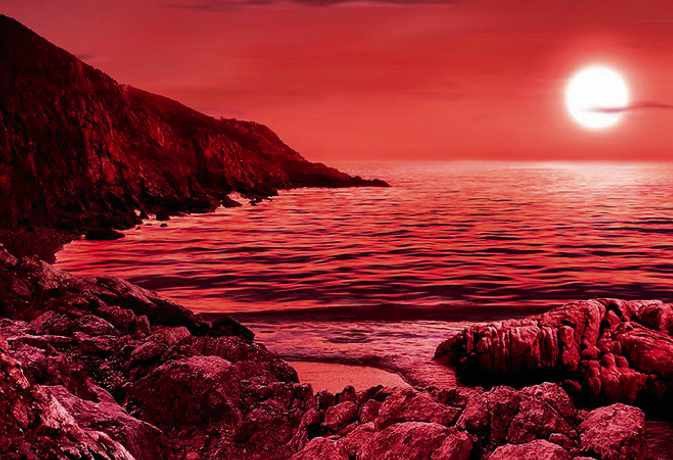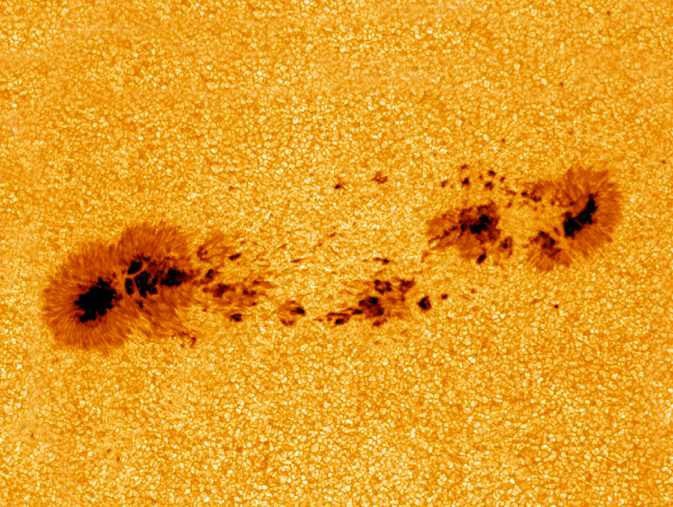
Life-friendly stars
Metal-poor stars could be more likely to host life. New simulations show stars rich in metals emit ultraviolet light that could prevent their planets from forming ozone layers. As stars become enriched with metals with each successive generation, the find may mean the Universe is becoming increasingly unfriendly to complex life as it ages.
Virgin Orbit collapses
Virgin Orbit has filed for Chapter 11 bankruptcy. The company has struggled to increase its launch rate over the last two years but had a major setback in January when its first rocket launch from British soil failed due to a dislodged fuel filter in the propulsion system.
Lunar failure
The Hakuto-R lunar lander from private Japanese spaceflight company iSpace has become the latest to bite the Moon dust after it failed to touch down on 25 April. The lander lost contact shortly before landing, but appears to have unexpectedly accelerated and crashed into the Moon. iSpace still plans to move ahead with its scheduled second mission in 2024.

Early solar maximum?
The current Solar Cycle 25 could be heading towards a peak in sunspot numbers in late 2023 or early 2024, a full year earlier than predicted. The current solar cycle has been outpacing predictions for several months, causing solar physicists to reevaluate their forecasts.
No magnets for meteorites
Meteorite collectors have long used magnets to identify potential space rocks, but these could be damaging their scientific potential. Experiments found hand magnets can wipe away the internal magnetic fields of meteorites. Instead, researchers recommend having potential meteorites verified by a professional.
Slow but strong
The neutron star at the heart of pulsar J0901-4046 is rotating at the slowest rate of all known pulsars and is so sluggish it should have stopped emitting radio signals. However, it has been found to be the most magnetised pulsar, with a field 30 trillion times stronger than a fridge magnet, which could help keep the pulsar’s heart beating.